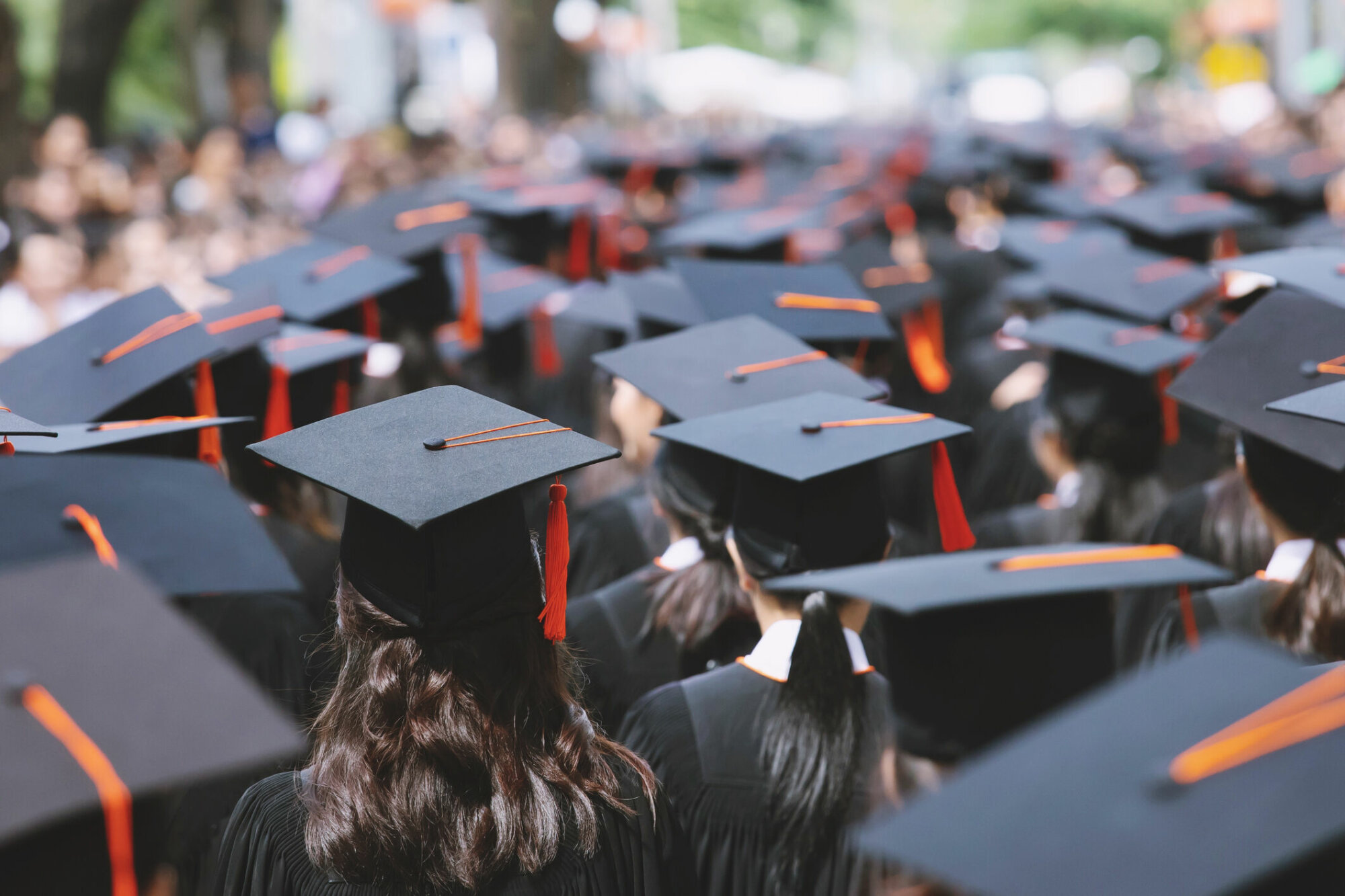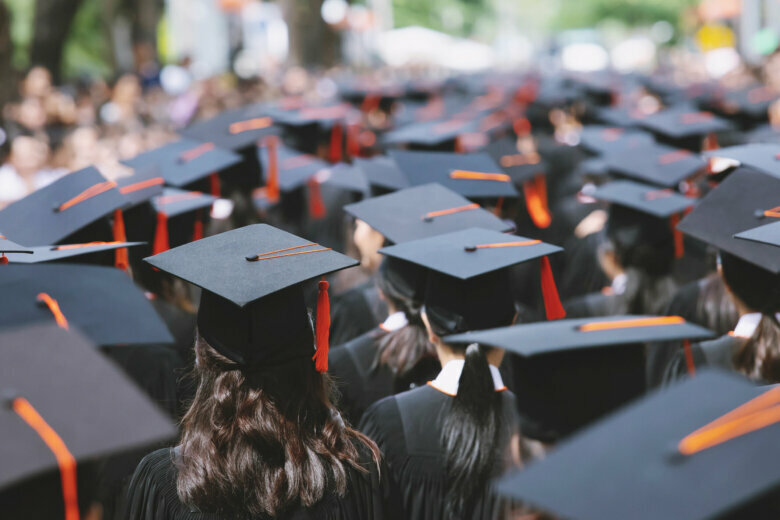

The coronavirus pandemic has many of this year’s high school graduates rethinking their college plans, and the gap year is back.
A recent survey by Junior Achievement and PMI Educational Foundation found that nearly half of teens say the pandemic has changed their plans after high school. Of those, 36% say they will now work, and 32% say they expect to delay starting college.
A gap year — a year off between high school graduation and the start of college — has always been a choice for a small percentage of college-bound students, but for many this year, it is not by choice, with the COVID-19 pandemic straining household finances.
While not necessarily bad, gap years should not be treated as a yearlong break, according to Ed Grenier, president and CEO of Junior Achievement of Greater Washington.
“Taking a break from formal education is fine. But it’s only fine if you’re planning to work to save for college, or to study on your own, or to travel or pursue other interests,” Grenier told WTOP.
“But if the decision is made to take an unplanned break due to these circumstances with no concrete plans, it could be problematic in the long run.”
The Junior Achievement survey found 40% of high school graduates said the pandemic has affected their plans for college, and, while some may take a gap year, many others affected are simply looking for less expensive options.
That is elevating community colleges, associate degrees and skill-specific certificate programs.
“People have been waking up to the fact that college is getting more expensive every year, and there are other options,” Grenier said. “We’ve been hearing from a number of our students who say that has become the only route for them.”
For those whose college-bound plans have not been financially interrupted, the college experience may not be what they’d hoped for.
In the survey, 35% who are planning to attend college now say they are less excited to go. Their biggest concerns are on academic quality, dorm life, athletics and dining halls being curtailed due to COVID-19.
The survey was conducted between May 21 and May 29 by Wakefield Research, and included responses from 1,000 U.S. teens graduating from high school this year.
Junior Achievement and PMI Educational Foundation have developed initiatives to help college-bound students.
One, the JA Economic Resources website, helps educate students and parents on economic information. The other, Project Management 4 All, is a new online game that introduces teens to the concepts of project management and planning.
- Sign up for WTOP alerts
- Latest coronavirus test results in DC, Maryland and Virginia
- Coronavirus FAQ: What you need to know
- Coronavirus resources: Get and give help in DC, Maryland and Virginia
Looking for more information? D.C., Maryland and Virginia are each releasing more data every day. Visit their official sites here: Virginia | Maryland | D.C.









